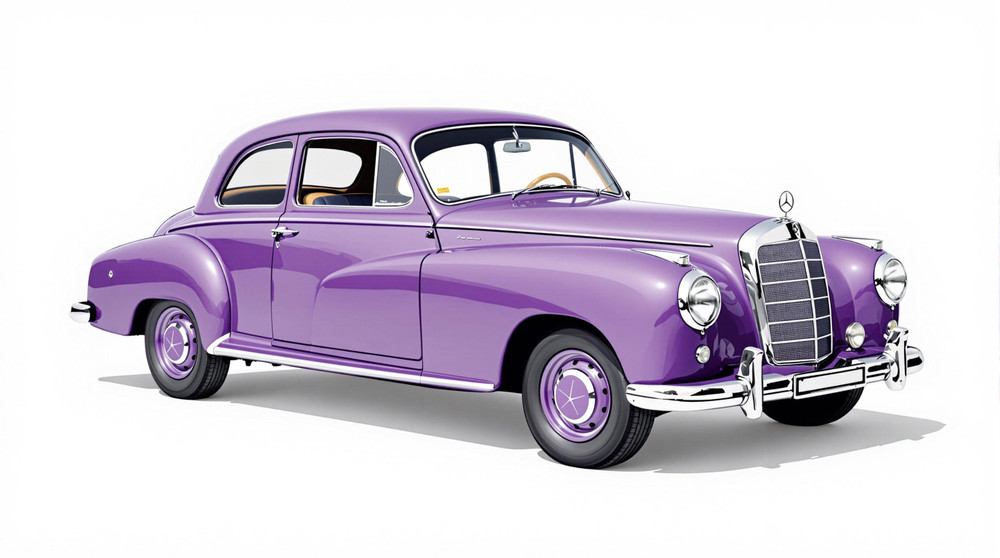Image of 1953 Mercedes-Benz 170 D, Note: These illustrations use artistic license and may differ from actual historical models.
Performance Metrics
Fundamental Metrics
Emotional Appeal
MMP Rating
| Engine Specifications | |
|---|---|
| Engine: | OM 636.930 Diesel Inline-4 |
| Displacement: | 1.7L (1697 cc) |
| Horsepower: | 40 hp at 3200 rpm |
| Torque: | 88 lb-ft at 2000 rpm |
| Compression Ratio: | 21:1 |
| Ignition System: | Diesel (compression ignition) |
| Cooling System: | Water-cooled |
| Performance Specifications | |
| 0-60 Time: | Estimated over 30 seconds |
| 1/4 Mile Time: | Not available |
| Top Speed: | 65 mph |
| Transmission and Drive | |
| Drive Type: | Rear-wheel drive |
| Transmission Type: | 4-speed manual |
| Fuel and Efficiency | |
| Fuel System Type: | Diesel |
| MPG: | Estimated 30-35 mpg |
| Dimensions and Brakes | |
| Brakes: | Drum brakes |
| Wheelbase: | 112.2 inches |
| Weight: | 2,646 lbs |
Note: Specifications for classic cars are given to the best of our ability, considering the limited and variant data available.
Unveiling the 1953 Mercedes-Benz 170 D
Stepping into the limelight with an aura of understated elegance, the 1953 Mercedes-Benz 170 D is a testament to post-war automotive resilience and innovation. Born from the storied assembly lines of Mercedes-Benz, a marque synonymous with luxury and reliability, this vehicle emerged as a beacon of progress in a world still reeling from the effects of conflict. Notably, it was among the first diesel-powered passenger cars to gain widespread acceptance, marking a significant milestone in the history of automotive engineering.
Design and Innovation
The exterior styling of the 1953 Mercedes-Benz 170 D exudes a classic charm that is both dignified and functional. With its rounded fenders, prominent chrome grille, and sweeping lines, it captures the essence of early 1950s automotive design. Inside, the cabin greets passengers with high-quality materials that were remarkable for their time, including durable upholstery and thoughtfully crafted wooden accents. Technologically, the 170 D was ahead of its curve with its robust diesel engine—a novelty that promised efficiency and longevity. Color options ranged from deep blacks to elegant blues and grays, with many owners favoring the more stately hues that underscored the car's sophisticated image. Among body styles, the four-door sedan stood out as an icon of practicality and style.
Historical Significance
The 1953 Mercedes-Benz 170 D carved out a unique niche in automotive history by popularizing diesel technology in passenger vehicles. It set itself apart with remarkable fuel economy and durability at a time when such traits were beginning to be highly valued by consumers. Its legacy is evident in today's diesel vehicles that continue to benefit from the groundwork laid by this pioneering model.
Performance and Handling
Performance-wise, the 170 D won't shatter any speed records by modern standards, yet its top speed was respectable for its era. Acceleration from 0-60 mph was measured not in seconds but in patience; however, it was the smooth ride quality and reliable handling that earned it accolades. Drivers often remark on the reassuring hum of its diesel engine and how it gracefully managed both city streets and country roads alike.
Ownership Experience
As a daily driver or a cherished show car, owning a 1953 Mercedes-Benz 170 D is an exercise in nostalgia and mechanical camaraderie. Maintenance is straightforward for those familiar with vintage machinery, though parts may be scarce due to its age. Reliability remains one of its strong suits—many units are still roadworthy today with proper care.
Fun Facts
Intriguingly, some 170 D models have been known to find their way into prestigious collections or under celebrity stewardship. While not record-breaking in speed, they've held records for endurance and reliability. Criticisms typically focus on its leisurely acceleration but are often offset by praise for its build quality.
Collector's Information
For collectors, a well-preserved 1953 Mercedes-Benz 170 D can command prices that reflect its rarity and condition. Production numbers were limited post-war; thus, each surviving example is a cherished piece of history. As for value trends, these vehicles tend to appreciate as they become rarer and more desirable among classic car enthusiasts.
Conclusion
The journey through the life of the 1953 Mercedes-Benz 170 D reveals a vehicle that not only moved people but also moved an industry forward. It stands as an enduring symbol of quality and innovation—a true classic that continues to captivate aficionados around the globe.
1953 Mercedes-Benz 170 D Catalog of Parts
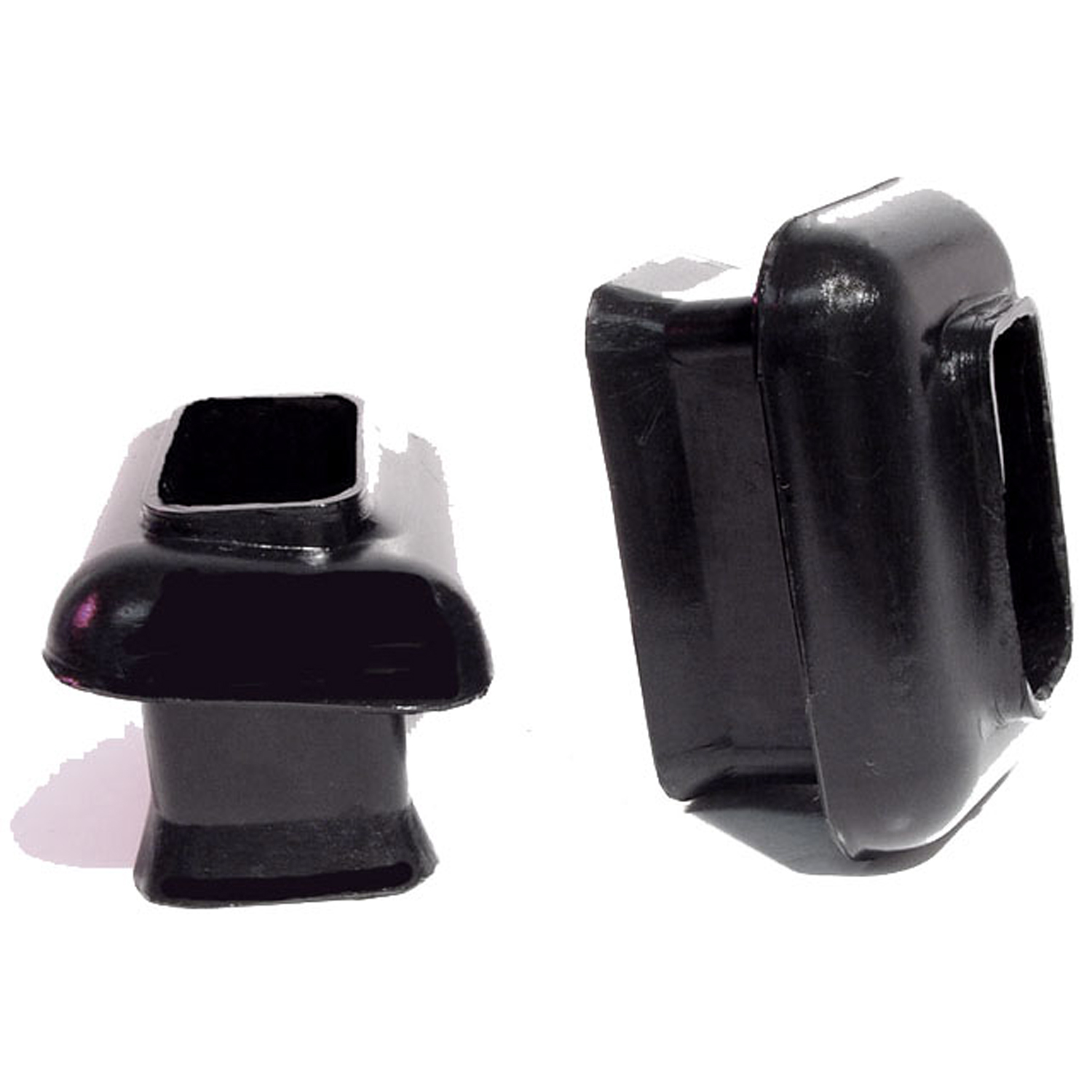 1953 Mercedes-Benz 170 D Rear Bumper Arm Grommets. 2-1/2" long X 1-3/8" wide-BG 104Rear Bumper Arm Grommets. 2-1/2" long X 1-3/8" wide. Inner slot: 1-11/16" long X 13/16" wide. Pair
1953 Mercedes-Benz 170 D Rear Bumper Arm Grommets. 2-1/2" long X 1-3/8" wide-BG 104Rear Bumper Arm Grommets. 2-1/2" long X 1-3/8" wide. Inner slot: 1-11/16" long X 13/16" wide. Pair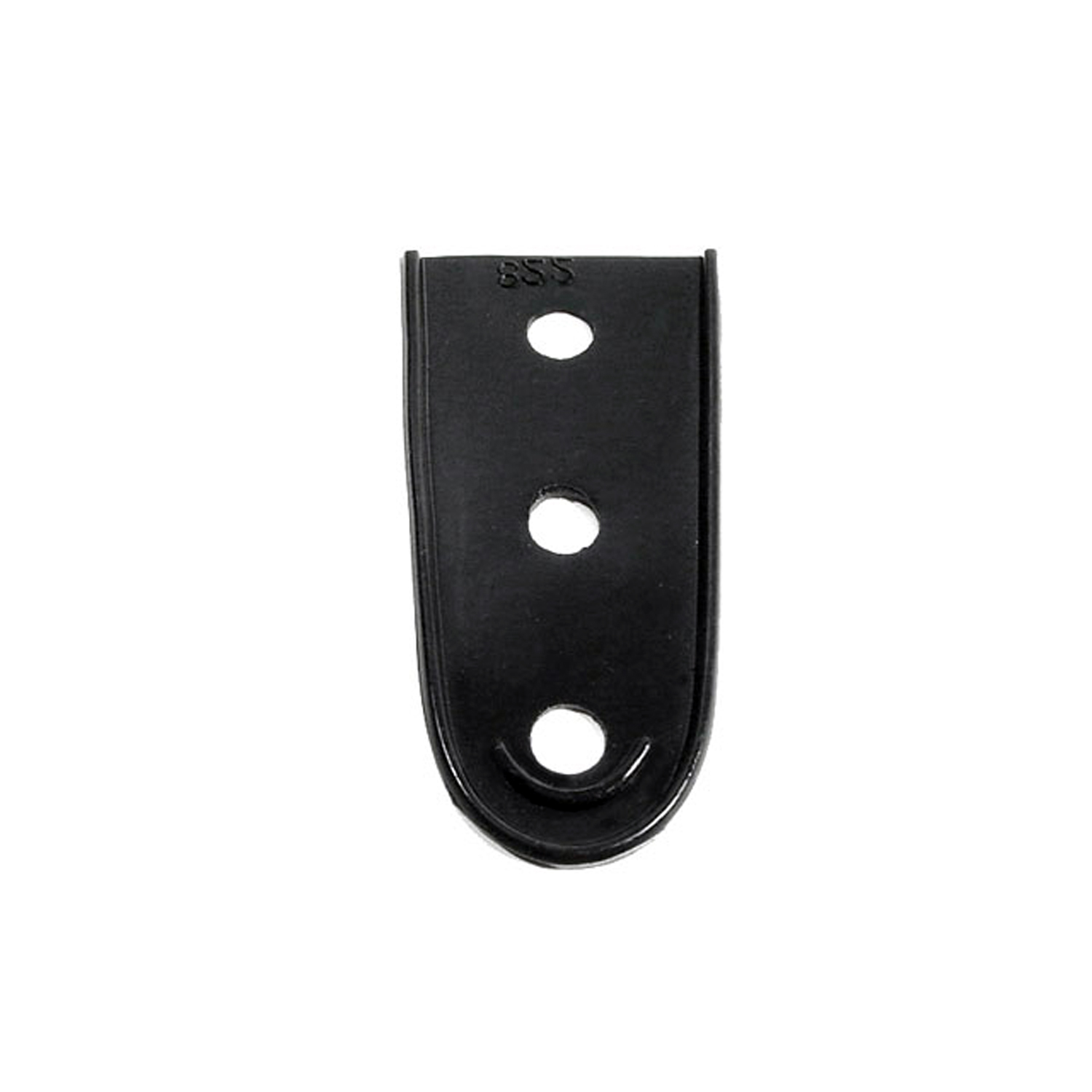 1953 Mercedes-Benz 170 D Trunk Lower Hinge Pad. 2-1/8" wide X 4-1/4" long. Each-MP 822Trunk Lower Hinge Pad. 2-1/8" wide X 4-1/4" long. Each
1953 Mercedes-Benz 170 D Trunk Lower Hinge Pad. 2-1/8" wide X 4-1/4" long. Each-MP 822Trunk Lower Hinge Pad. 2-1/8" wide X 4-1/4" long. Each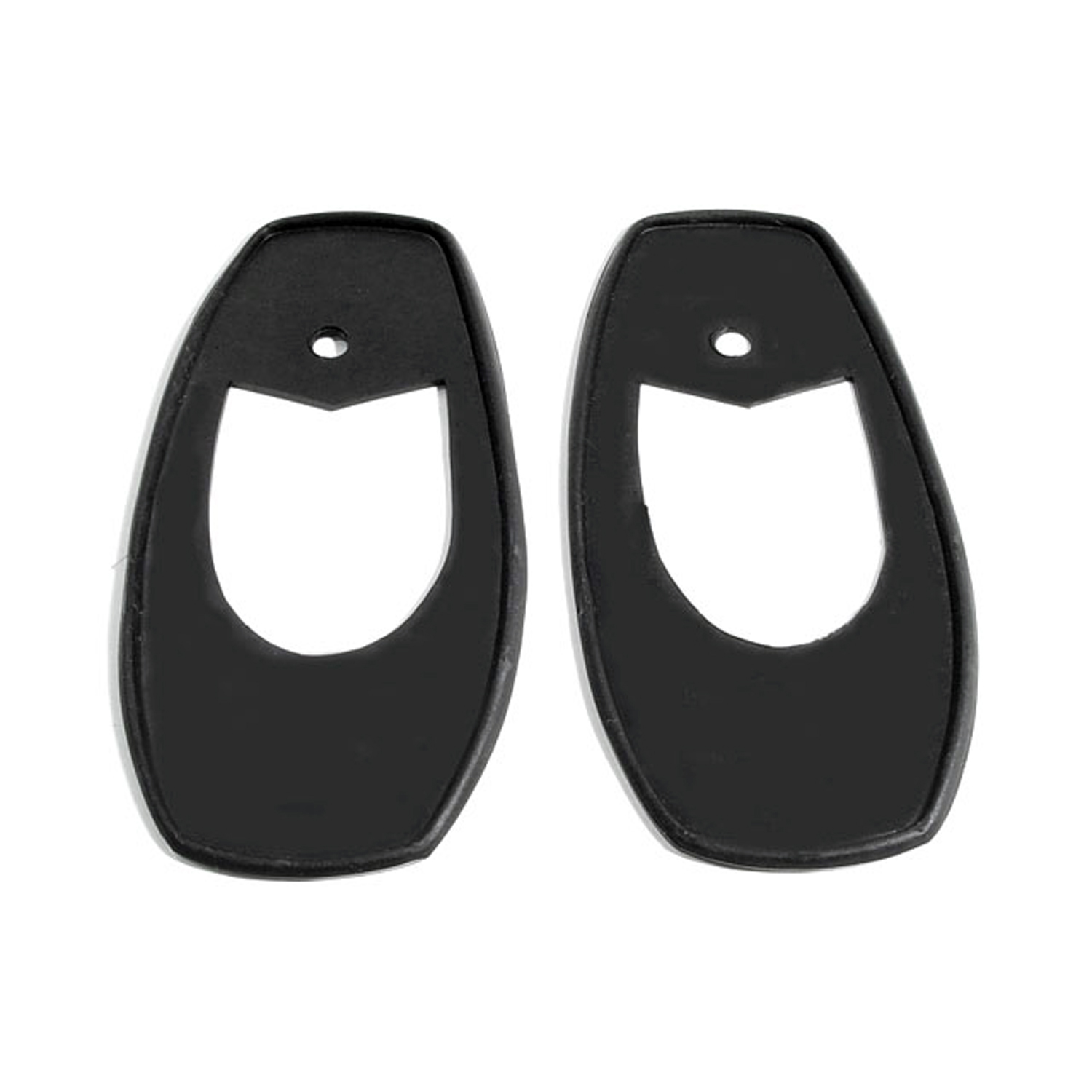 1953 Mercedes-Benz 170 D Headlight Pads. 3-1/8" wide X 6-1/2" long. Pair-MP 823-AHeadlight Pads. 3-1/8" wide X 6-1/2" long. Pair
1953 Mercedes-Benz 170 D Headlight Pads. 3-1/8" wide X 6-1/2" long. Pair-MP 823-AHeadlight Pads. 3-1/8" wide X 6-1/2" long. Pair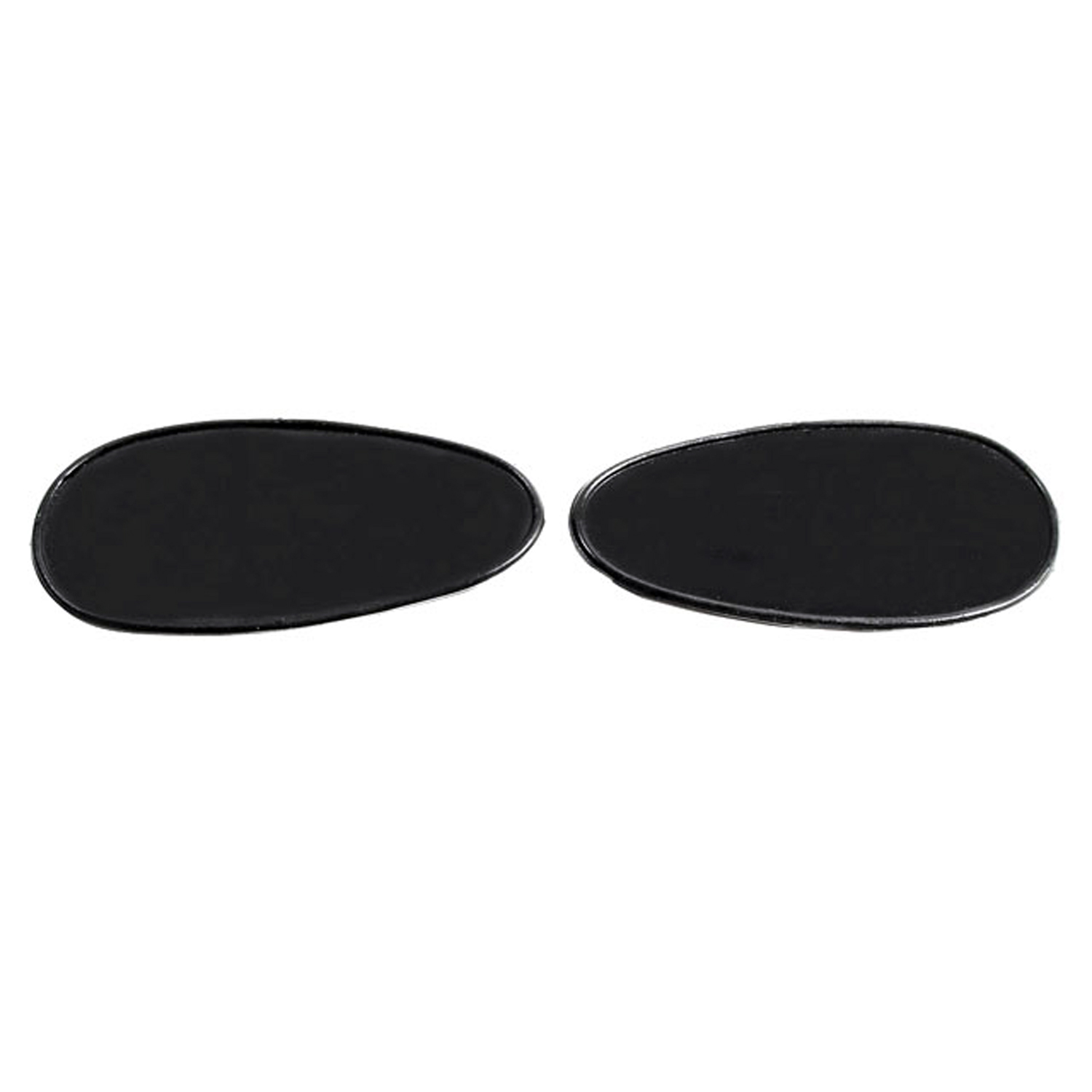 1953 Mercedes-Benz 170 D Tail-light Pads. 2-1/4" wide X 4-5/8" long. Pair-MP 823-BTail-light Pads. 2-1/4" wide X 4-5/8" long. Pair
1953 Mercedes-Benz 170 D Tail-light Pads. 2-1/4" wide X 4-5/8" long. Pair-MP 823-BTail-light Pads. 2-1/4" wide X 4-5/8" long. Pair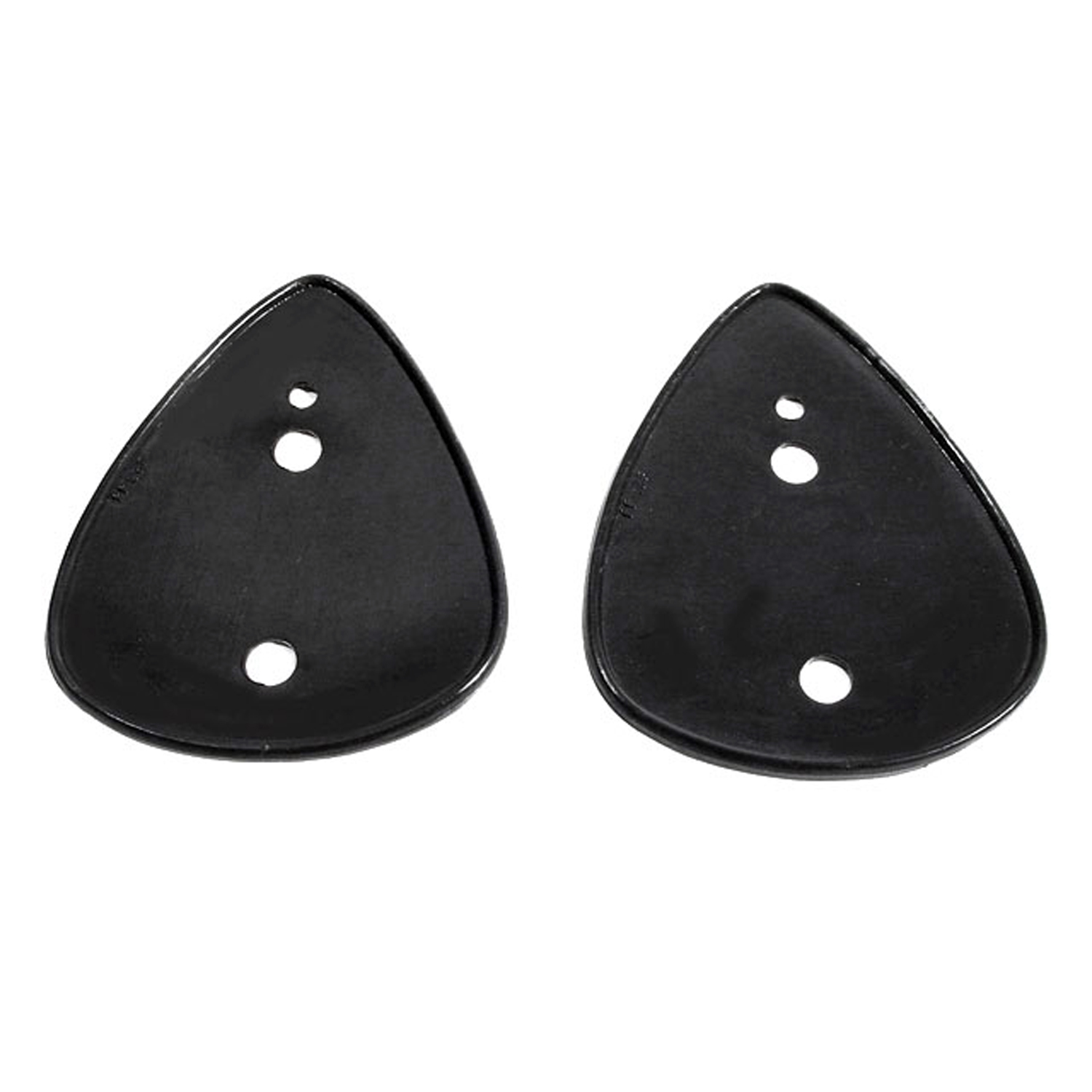 1953 Mercedes-Benz 170 D Park Light Pads. Made for the stamped fender light-MP 823-JJPark Light Pads. Made for the stamped fender light. 3-7/8" wide X 5-1/8" long. Pair
1953 Mercedes-Benz 170 D Park Light Pads. Made for the stamped fender light-MP 823-JJPark Light Pads. Made for the stamped fender light. 3-7/8" wide X 5-1/8" long. Pair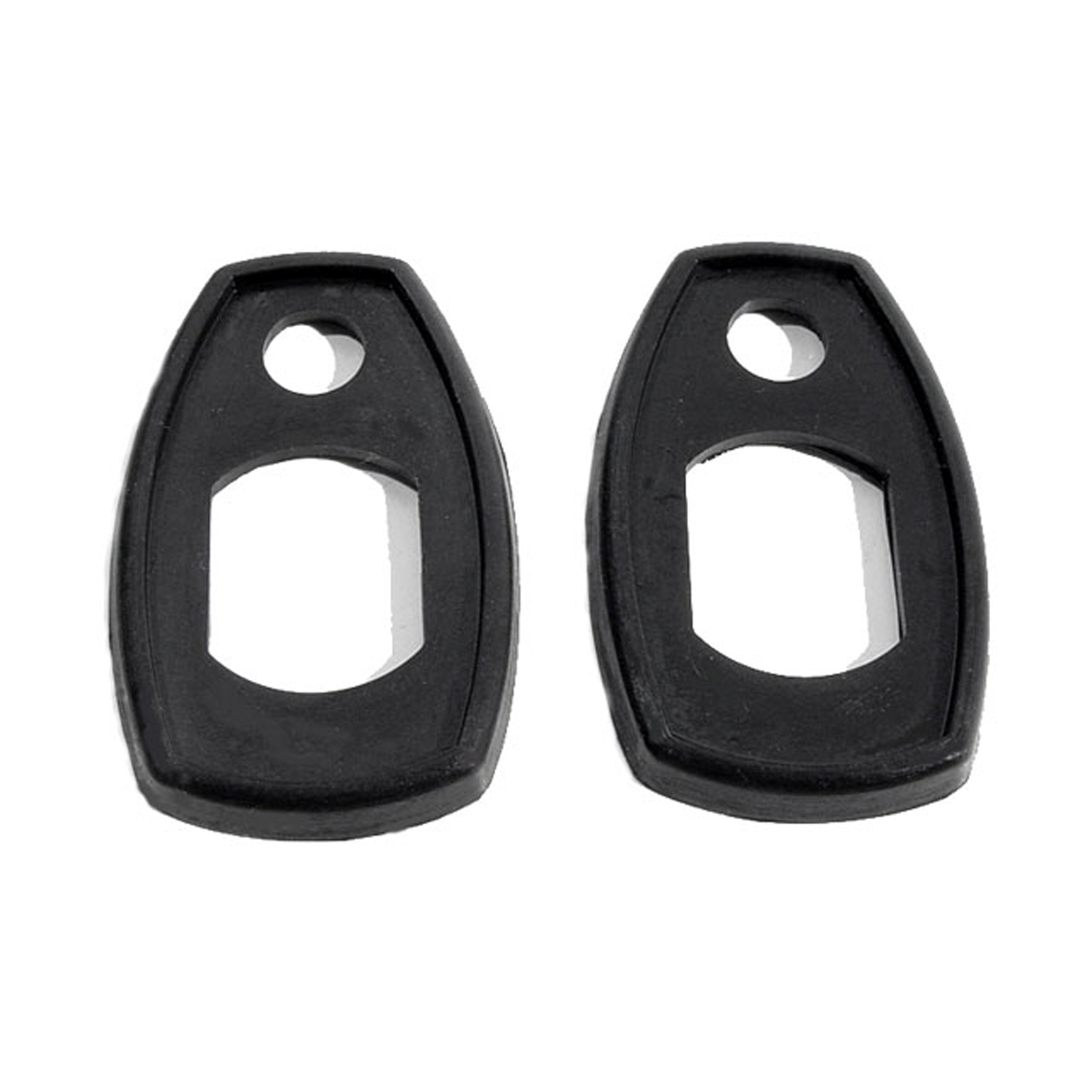 1953 Mercedes-Benz 170 D Door Handle Pads. 1-1/2" wide X 2-1/2" long. Pair-MP 823-NDoor Handle Pads. 1-1/2" wide X 2-1/2" long. Pair
1953 Mercedes-Benz 170 D Door Handle Pads. 1-1/2" wide X 2-1/2" long. Pair-MP 823-NDoor Handle Pads. 1-1/2" wide X 2-1/2" long. Pair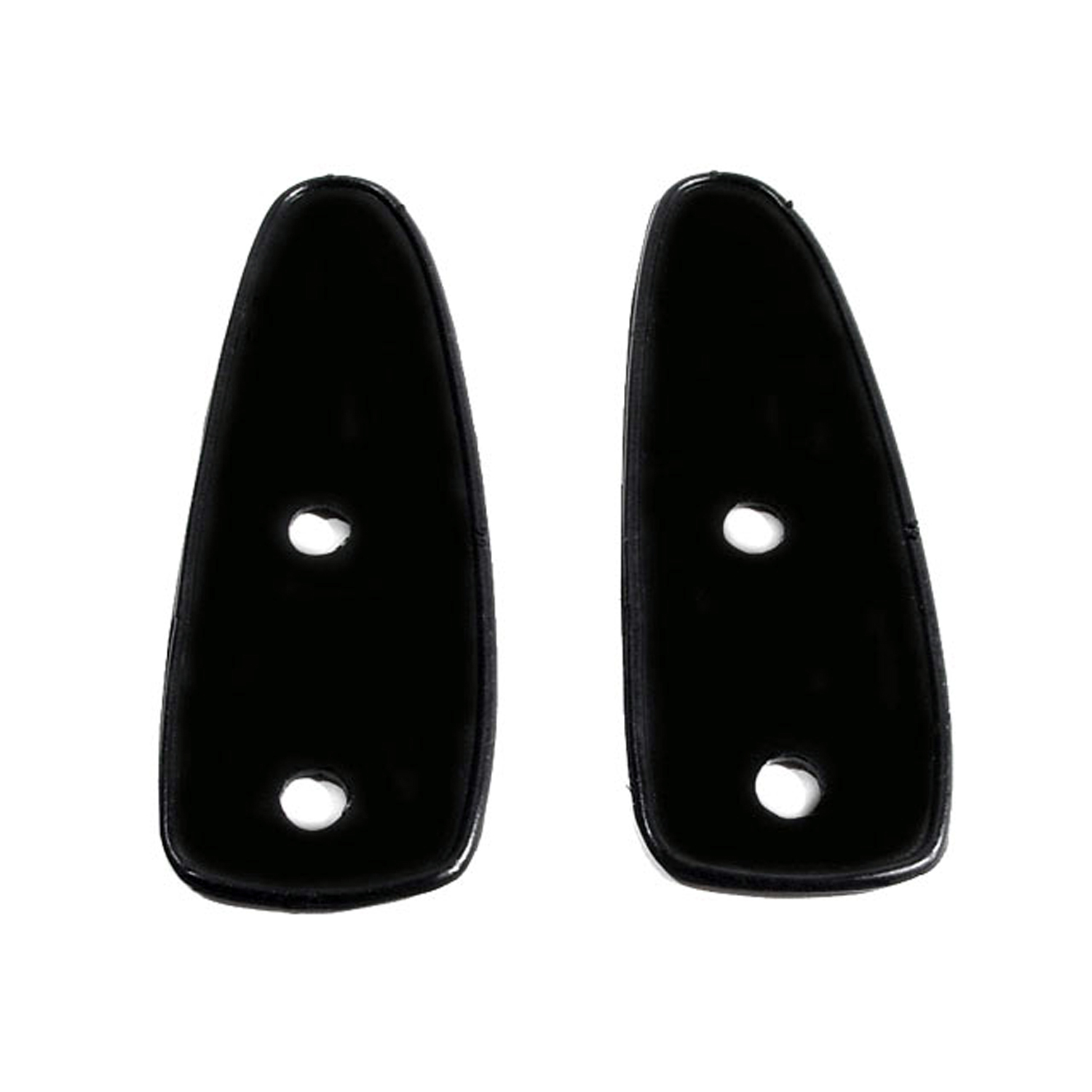 1953 Mercedes-Benz 170 D Park Light Pads. 2-1/4" wide X 6-1/8" long. Pair-MP 823-QPark Light Pads. 2-1/4" wide X 6-1/8" long. Pair
1953 Mercedes-Benz 170 D Park Light Pads. 2-1/4" wide X 6-1/8" long. Pair-MP 823-QPark Light Pads. 2-1/4" wide X 6-1/8" long. Pair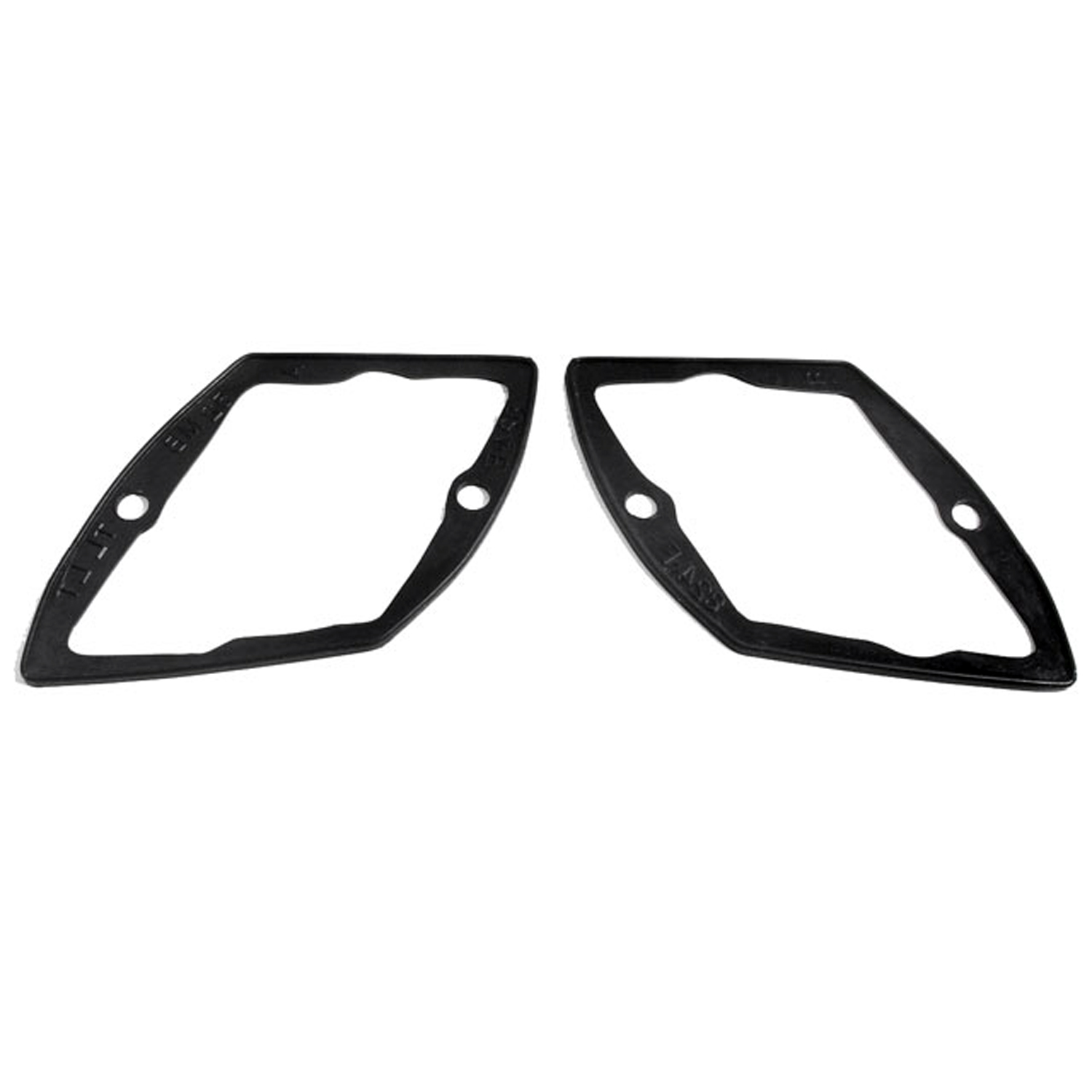 1953 Mercedes-Benz 170 D Tail-light Pads. 3-5/8" wide X 3-3/4" long. Pair-MP 824-ETail-light Pads. 3-5/8" wide X 3-3/4" long. Pair
1953 Mercedes-Benz 170 D Tail-light Pads. 3-5/8" wide X 3-3/4" long. Pair-MP 824-ETail-light Pads. 3-5/8" wide X 3-3/4" long. Pair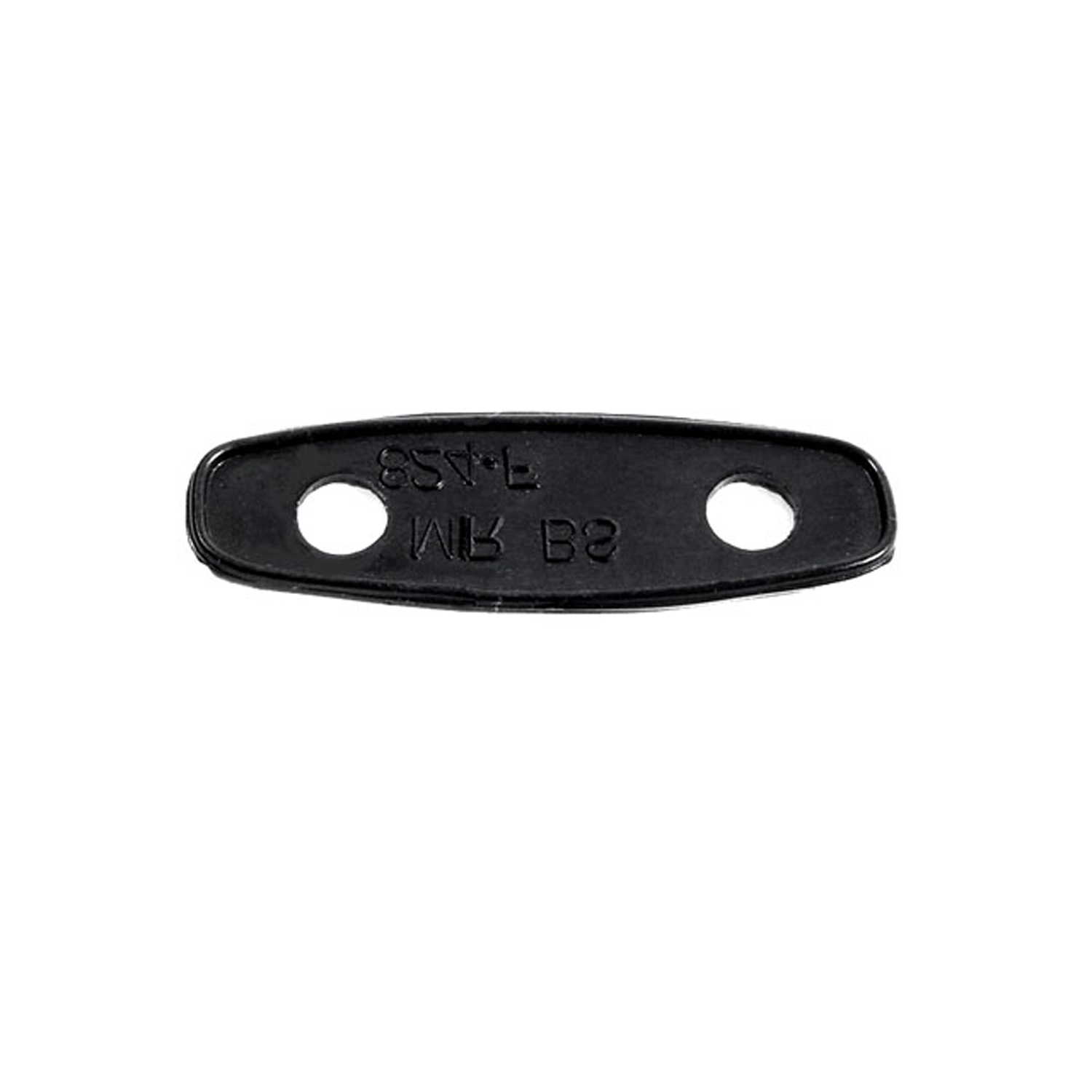 1953 Mercedes-Benz 170 D Mirror Base Pad. 1" wide X 3" long. Each-MP 824-FMirror Base Pad. 1" wide X 3" long. Each
1953 Mercedes-Benz 170 D Mirror Base Pad. 1" wide X 3" long. Each-MP 824-FMirror Base Pad. 1" wide X 3" long. Each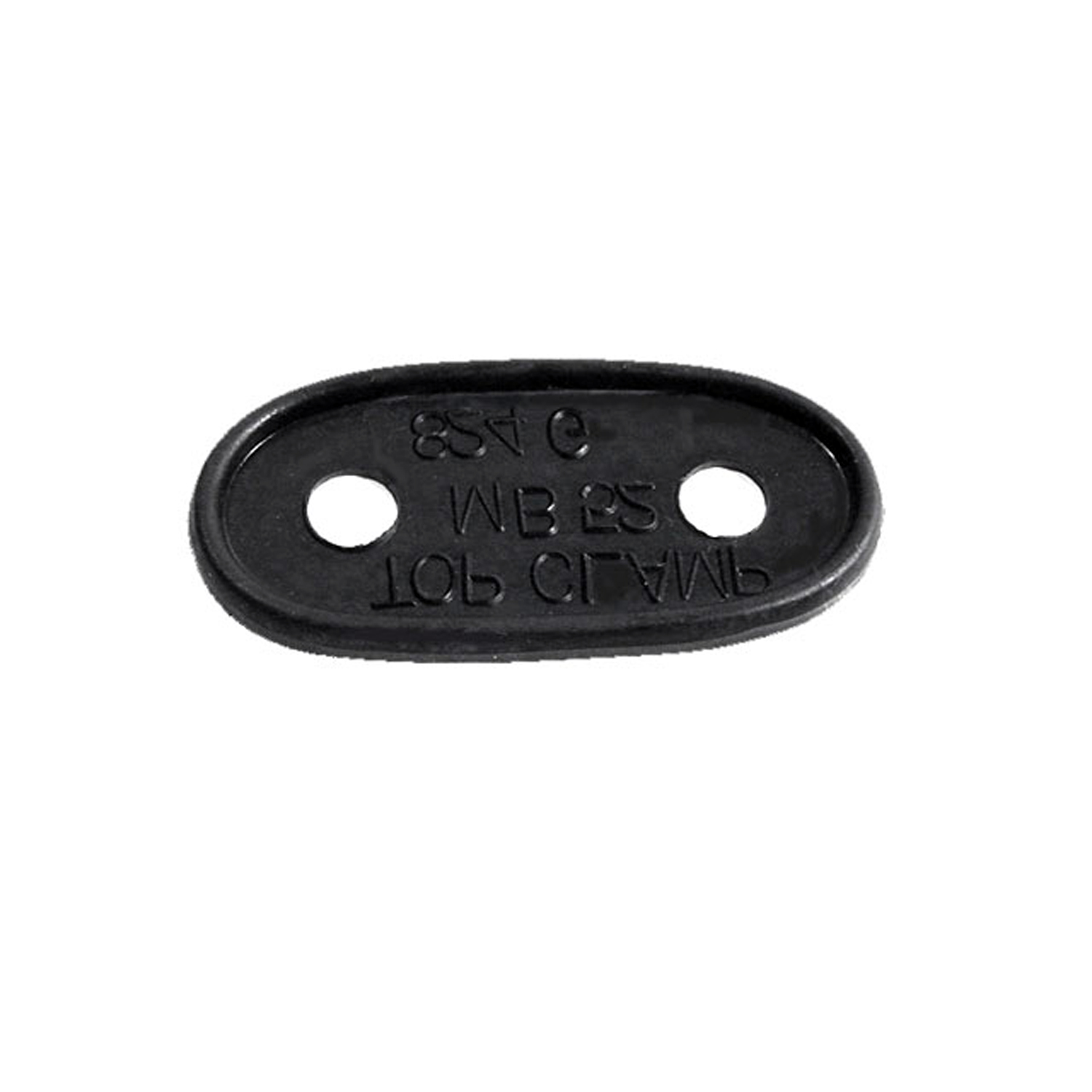 1953 Mercedes-Benz 170 D Clamp Cushion Pad, for Convertible-MP 824-GClamp Cushion Pad, for Convertible. 1-1/4" wide X 2-1/2" long. Each
1953 Mercedes-Benz 170 D Clamp Cushion Pad, for Convertible-MP 824-GClamp Cushion Pad, for Convertible. 1-1/4" wide X 2-1/2" long. Each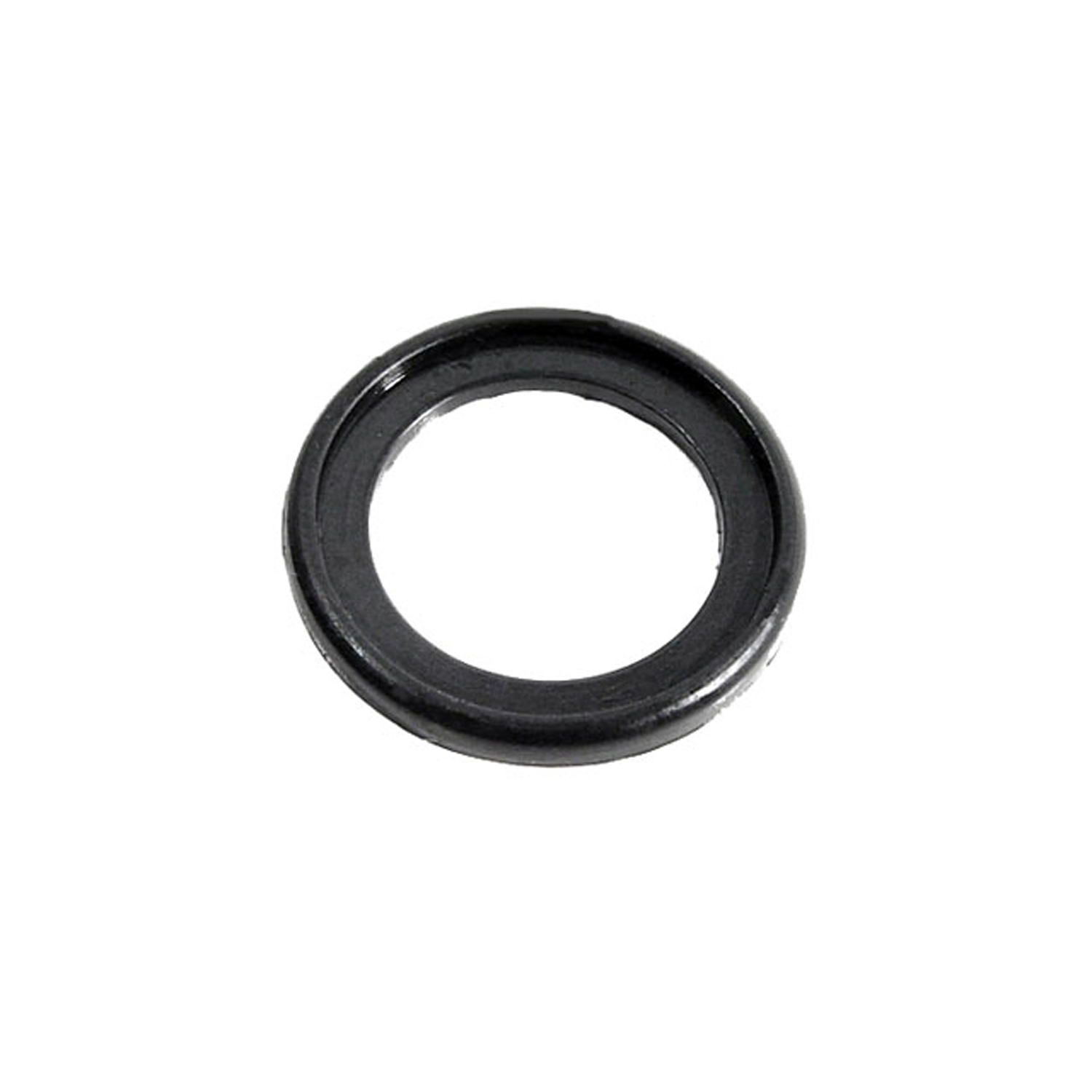 1953 Mercedes-Benz 170 D Trunk Handle, Trunk Lock, Glove Box Lock & Gas Lock Pad-MP 824-HTrunk Handle, Trunk Lock, Glove Box Lock & Gas Lock Pad. 1-3/8" O.D. Each
1953 Mercedes-Benz 170 D Trunk Handle, Trunk Lock, Glove Box Lock & Gas Lock Pad-MP 824-HTrunk Handle, Trunk Lock, Glove Box Lock & Gas Lock Pad. 1-3/8" O.D. Each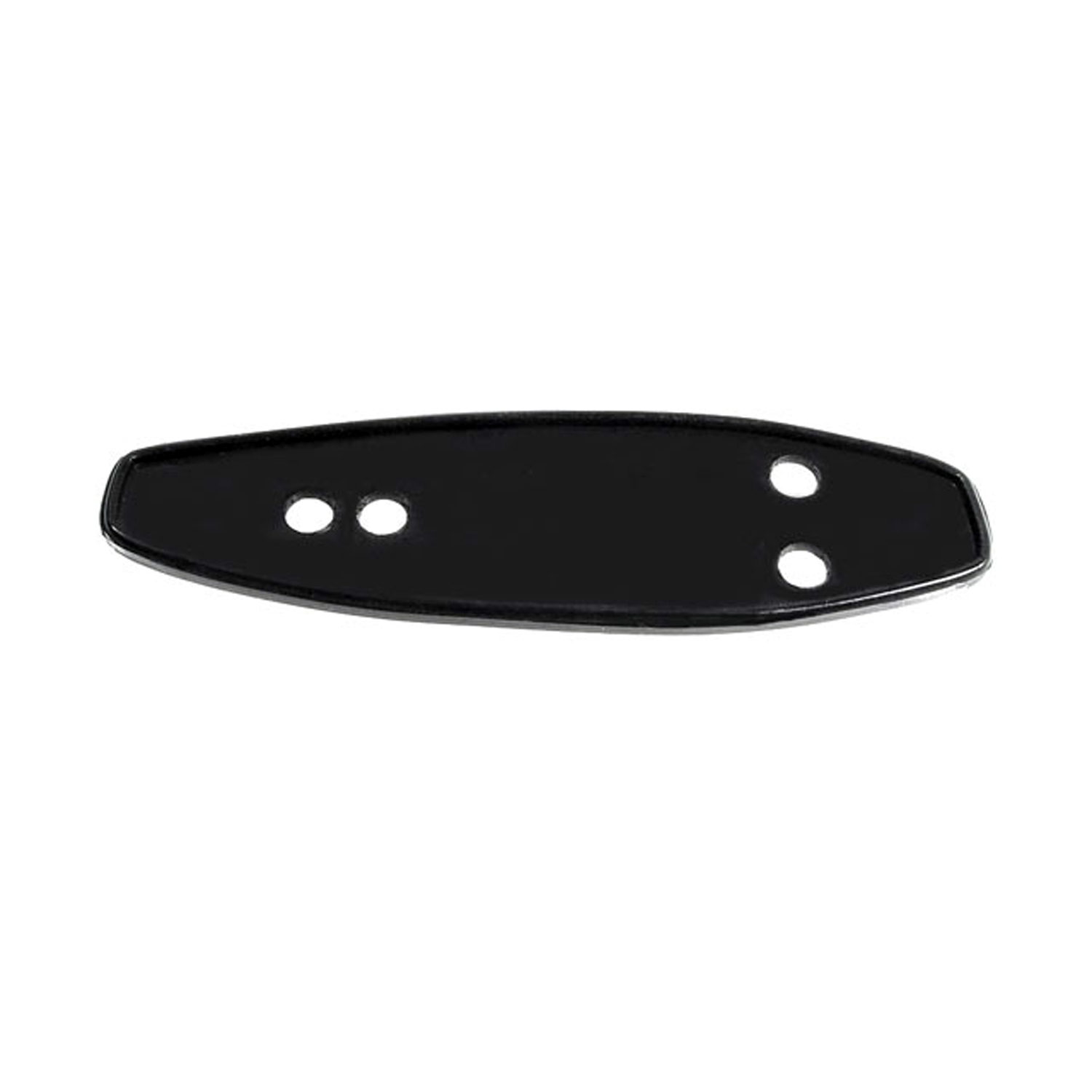 1953 Mercedes-Benz 170 D Spare Tire Lock Pad. 2" wide X 6-1/2" long. Each-MP 824-JSpare Tire Lock Pad. 2" wide X 6-1/2" long. Each
1953 Mercedes-Benz 170 D Spare Tire Lock Pad. 2" wide X 6-1/2" long. Each-MP 824-JSpare Tire Lock Pad. 2" wide X 6-1/2" long. Each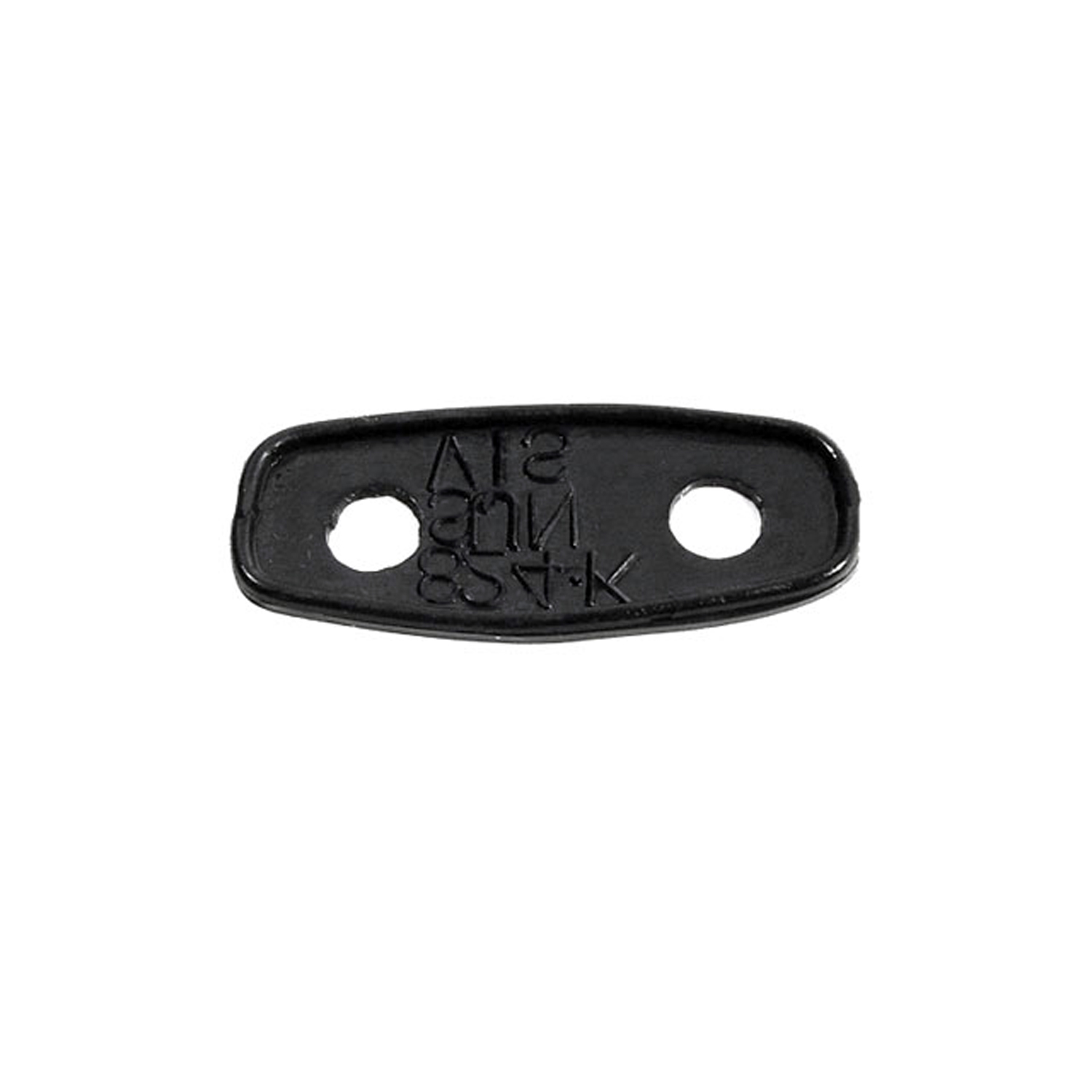 1953 Mercedes-Benz 170 D Sun Visor Pad. 7/8" wide X 2" long. Each-MP 824-KSun Visor Pad. 7/8" wide X 2" long. Each
1953 Mercedes-Benz 170 D Sun Visor Pad. 7/8" wide X 2" long. Each-MP 824-KSun Visor Pad. 7/8" wide X 2" long. Each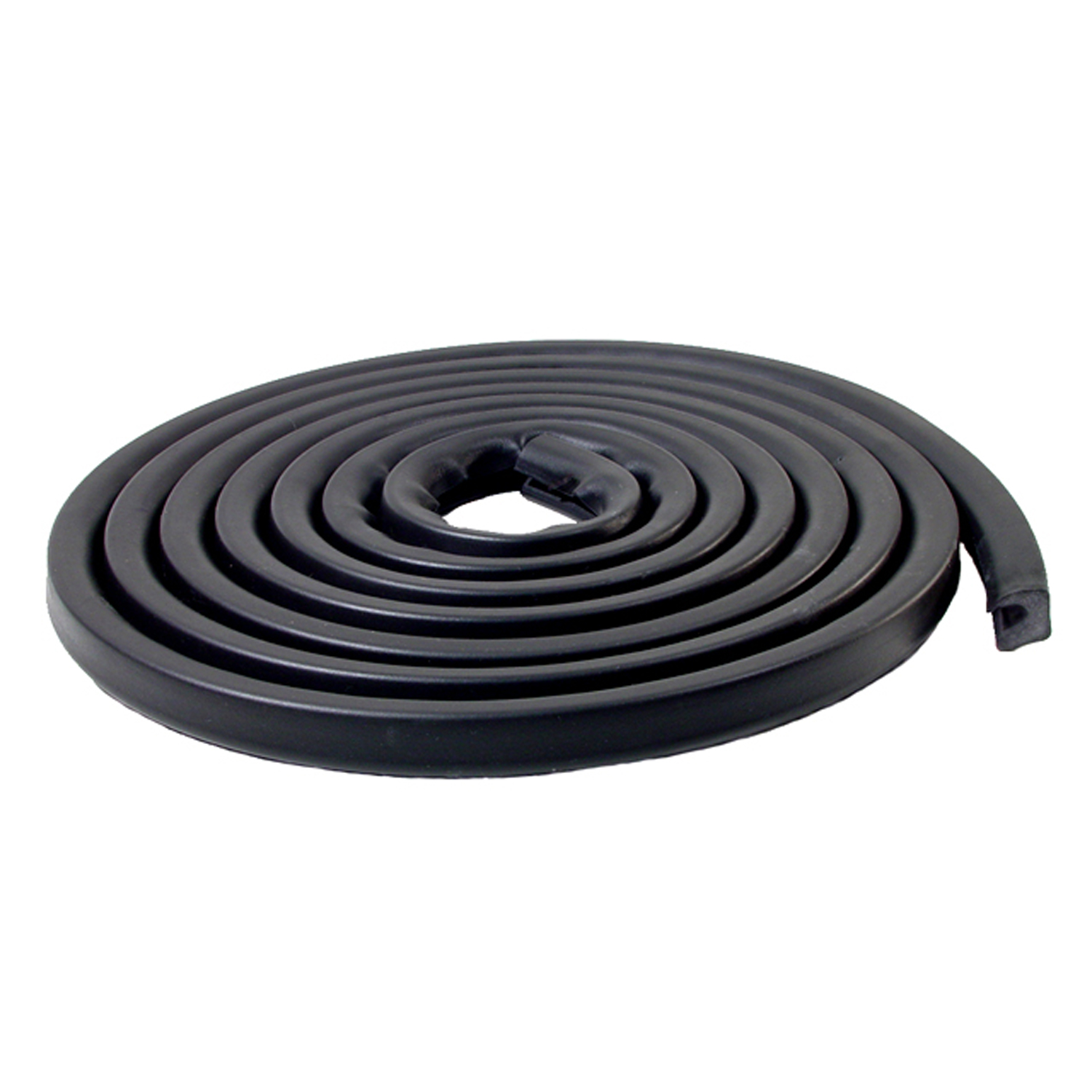 1953 Mercedes-Benz 170 D Trunk Seal. Each-TK 63-M/15Trunk Seal. Each
1953 Mercedes-Benz 170 D Trunk Seal. Each-TK 63-M/15Trunk Seal. Each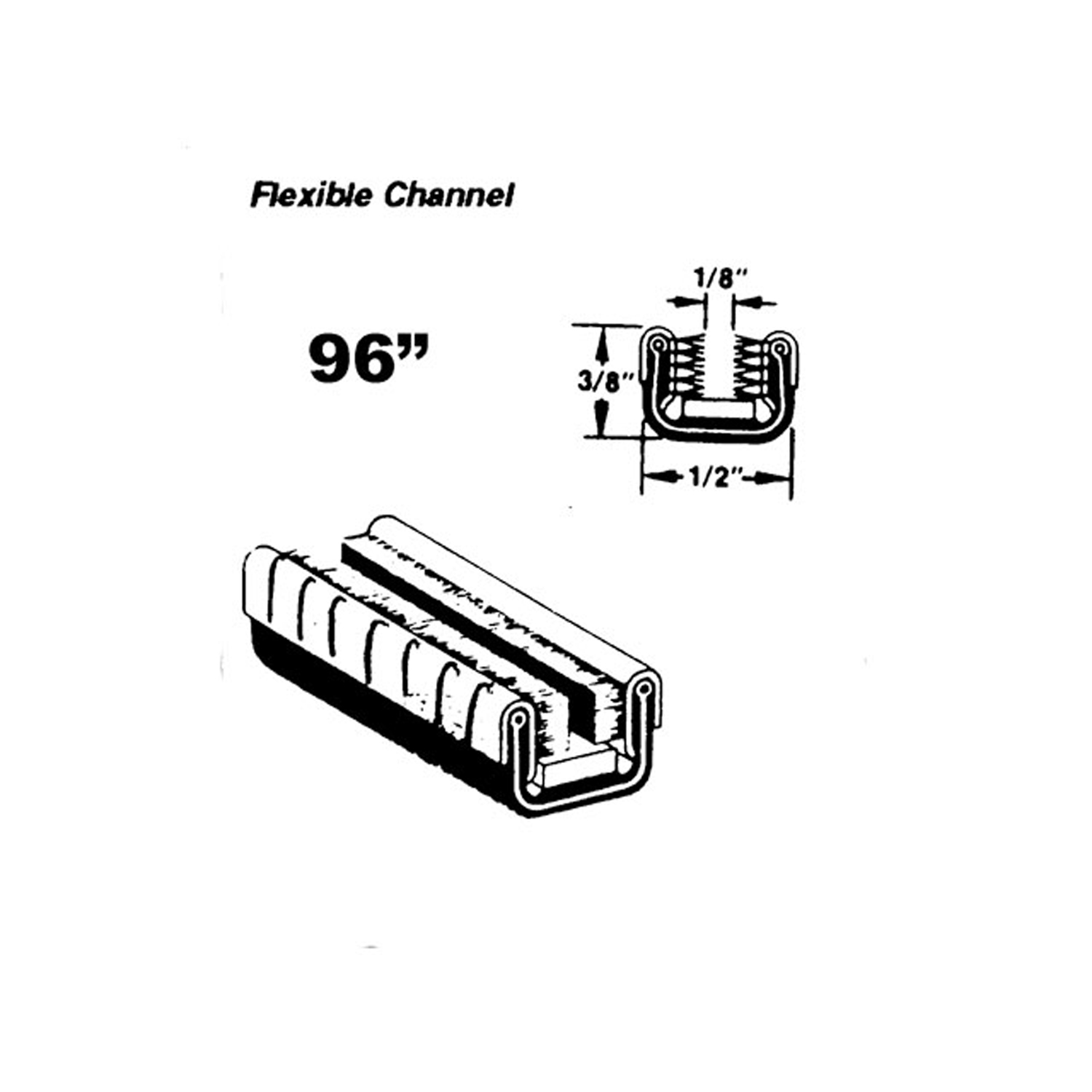 1953 Mercedes-Benz 170 D Flexible glass-run channel. Rubber covered and pile lined-WC 12-96Flexible glass-run channel. Rubber covered and pile lined. Unbeaded. 96 in. long. Each. NOTE: $20 special shipping charge applies for domestic orders. Call or email for overseas shipping costs. Part can be sectioned in two or three equal lengths to reduce overseas shipping costs.
1953 Mercedes-Benz 170 D Flexible glass-run channel. Rubber covered and pile lined-WC 12-96Flexible glass-run channel. Rubber covered and pile lined. Unbeaded. 96 in. long. Each. NOTE: $20 special shipping charge applies for domestic orders. Call or email for overseas shipping costs. Part can be sectioned in two or three equal lengths to reduce overseas shipping costs.Why Choose Metro?
For over 100 years, Metro Moulded Parts has been the pinnacle of quality in classic car restoration parts. Our commitment to precision and authenticity in every component ensures a perfect fit and an OEM-level appearance.
- Expert Craftsmanship & Quality: Each part is a testament to our dedication to reliability and perfection, crafted from original designs and thoroughly tested.
- Advanced Technology: We use cutting-edge techniques to create flawless, long-lasting parts that surpass others in performance.
- SuperSoft Sponge – The Ultimate Door Seal: Not only are our door seals 30% softer than competitors', but they're also guaranteed to never leak. They effectively reduce wind and road noise, enhancing your classic car's comfort and driving experience.
- Proudly American: Our parts are a product of American craftsmanship, made in the USA with a spirit of excellence and heritage.
- Unrivaled Warranty: We back our products with a 30-year industry-leading warranty, a testament to our confidence in their quality.
Join us in preserving the legacy of classic cars with parts that are crafted for perfection, not just made.

